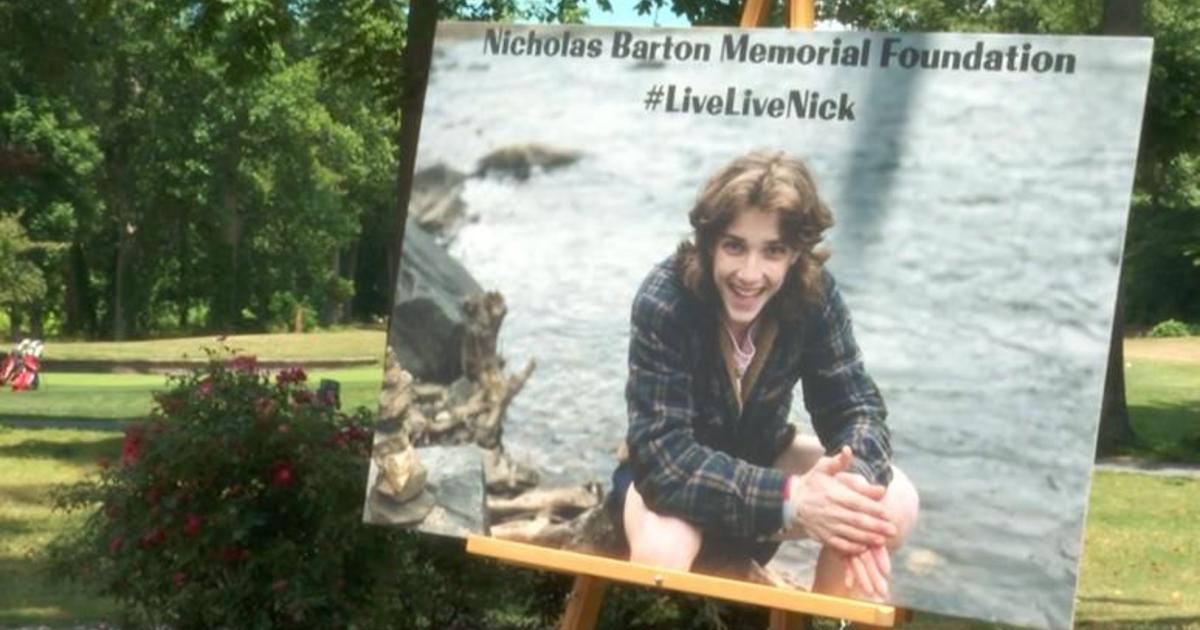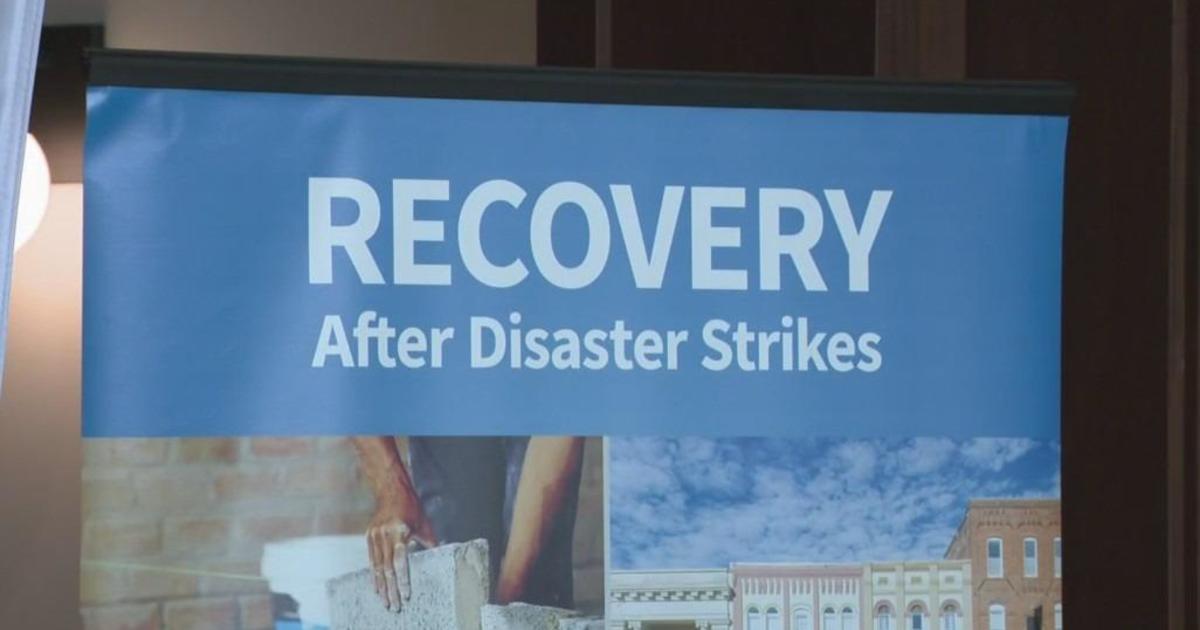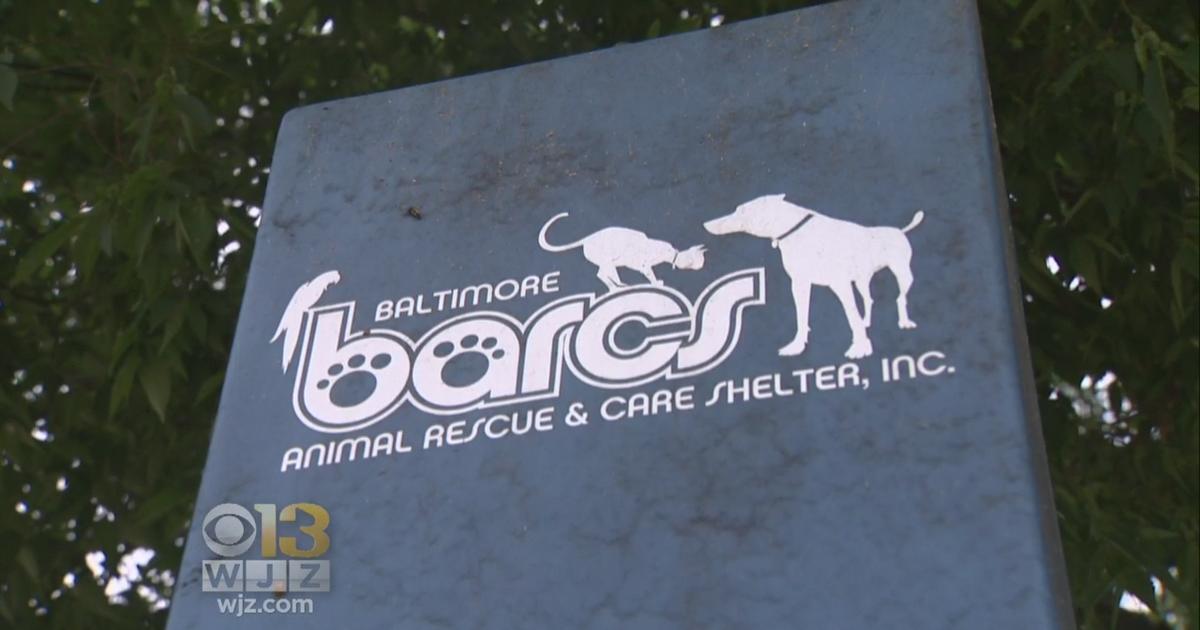D.C. Lottery Vendor Avoids Local-Participation Law
WASHINGTON (AP) -- For more than seven years, the company paid millions to produce scratch-off lottery tickets in the nation's capital has managed to avoid a city law that would require it to include local businesses in the deal. And it hopes to continue to do so -- with the blessing of the city's chief financial officer.
District of Columbia law requires that local businesses receive at least 35 percent of all contracts worth $250,000 or more in which part of the work is subcontracted. The law is intended to keep jobs and tax revenue in the city and provide opportunities for entrepreneurs who might otherwise be excluded. It was approved in late 2005, a few months after the district entered into a 5-year, $50 million contract with New York-based Scientific Games Corp. as its scratch-off ticket vendor.
The contract was ultimately extended through March 20 of this year, and at no point did Scientific Games or the district's Office of the Chief Financial Officer make any effort to comply with the local-participation rules, according to documents obtained by the Rev. Anthony J. Motley, a local activist, and shared with The Associated Press.
Motley has also filed an ethics complaint against D.C. Lottery Director Buddy Roogow, though it has not prompted any formal action by the city's ethics board.
After the initial contract expired, the CFO's office awarded a new, temporary contract to Scientific Games to continue providing scratch-off tickets, the office said in a statement to the AP. Just 17 percent of the new contract is going to local subcontractors, the office said, an arrangement that is sure to face scrutiny from the D.C. Council when it comes up for approval.
"I'm just appalled that they would execute a contract at 17 percent," said Councilmember Vincent Orange, who chairs the council's small business committee. "The council is not going to stand for anything less than what the law states. With all the turmoil that the CFO's office has been going through, I don't see why they want to create more by not following the law."
The lack of local participation in the scratch-off deal raises further questions about the way the independent CFO's office handles the lucrative lottery business.
The circumstances surrounding the $38 million contract to run the city's numbers games, held by Greek gaming giant Intralot, are the subject of a wide-ranging federal grand jury investigation. No one has been charged, but authorities are looking at irregularities in the contracting process and the conduct of several high-ranking district officials, according to people familiar with the probe. Those individuals spoke to the AP on condition of anonymity because they were instructed not to interfere with the investigation.
Intralot won the contract without a local partner, even though preference is given to companies already working with local businesses. After meeting with D.C. councilmembers who made clear they wouldn't approve the contract without a local partner, Intralot gave businessman Emmanuel Bailey a 51 percent stake in the deal. The maneuvering after the contract award angered the losing bidders, who argued that they played by the local-participation rules but were shut out of the lucrative opportunity.
Orange said it's important to include local businesses in major contracts because they generate corporate tax revenue and keep jobs in the city, which has a higher unemployment rate than Maryland or Virginia.
But some critics believe the local-participation requirement for major contracts does little more than open the door for graft and cronyism, especially in the case of the lottery, a guaranteed moneymaker for which no local firms have the resources to submit a primary bid. Councilmember Jack Evans, who chairs the council's finance and revenue committee, has argued that the council should not have approval power over large contracts, either, saying it's inappropriate for politics to interfere with the process.
Scientific Games is one of just three firms that print scratch-off tickets in the U.S., and the CFO's office argues that there are limited opportunities for local involvement.
Before awarding the new contract, the CFO's office had sought a waiver of the subcontracting requirement in order to extend Scientific Games' previous deal. That waiver was denied by the city's Department of Small and Local Business Development, which found that the CFO's office had not made good-faith efforts to include local businesses.
In his letter denying the waiver request, dated March 15, former agency director Harold Pettigrew wrote that his department found nine potential subcontractors in a database of certified local businesses. The department found that the CFO's office had made no efforts to contact them.
In correspondence with the department, the CFO's office said it did not seek out local subcontractors because Scientific Games would not agree to it. A contract specialist wrote that bringing on a local firm would be expensive and would jeopardize Scientific Games' relationships with its existing subcontractors, the documents show.
A Scientific Games spokeswoman declined to comment, citing a company policy against making public statements while a contract is pending.
If approved by the council, the new contract would be worth $40 million over four years. It includes subcontracting agreements with local firms for "limited administrative services," the CFO's office said. Because the local participation amounts to 17 percent, the office said it would again apply for a waiver.
The CFO's office was able to award the new contract after the old one expired because Scientific Games was the only remaining bidder. A bid from a joint venture including Bailey was disqualified for technical reasons.
Mark Jones, a businessman identified by the small business department as a potential subcontractor on the scratch-off deal, said he has tried for the past few years to reach out to Scientific Games and has received no response. Jones is a former deputy director of the D.C. Lottery, and his company has done some subcontracting work on the numbers-game contract.
"I would bring some value, some added value, not just a pass-through, not just someone who's looking for a paycheck to do nothing," Jones said.
Jones, who also served as a deputy chief of staff under former mayor Anthony Williams, said he was well aware that some local companies have abused the preference system, which Mayor Vincent Gray is working on legislation to reform. But that's no reason to shut out legitimate companies, he said.
"I didn't create the law, but the law is in existence, and I don't believe Scientific Games made the best effort, and I don't believe the CFO's office made the best effort," Jones said. "It's more incumbent upon the CFO's office to do that, and they've failed the city in that aspect."
(Copyright 2013 by The Associated Press. All Rights Reserved.)



